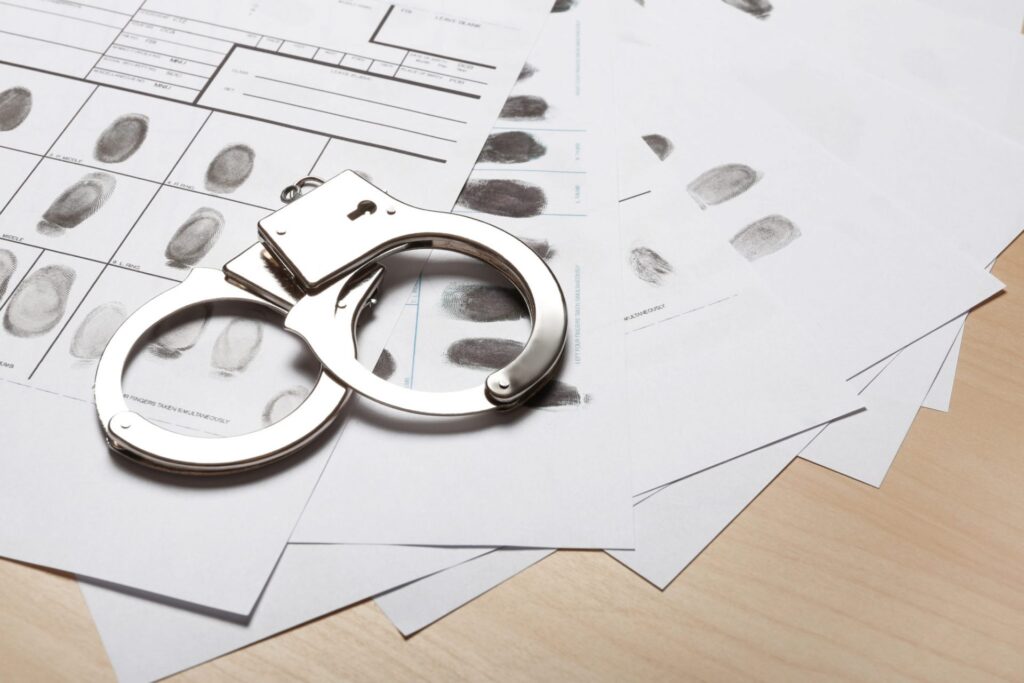They might not want you to believe it, but the fact is that the police can break the law. In fact, they often do break it. The law that they break the most often while on duty is the Fourth Amendment, which prohibits them from committing searches and seizures that are “unreasonable.”
However, the way that police get punished for breaking the Fourth Amendment is different from the way that normal people get punished for breaking other laws. Often, the only thing that happens when a police officer violates the Fourth Amendment is that the evidence they found from that unreasonable search or seizure gets “suppressed” or excluded from ever appearing in trial.
While this might not seem like much, it can make a huge difference in the outcome of your case if you’re the one facing charges for a crime. Without that piece of evidence, the prosecutor might lose a huge piece of his or her case, and will be unable to prove all of the elements of the crime beyond a reasonable doubt.
Even better, evidence can be excluded from being introduced in trial if it was not only obtained directly by violating the Fourth Amendment, but also if it was obtained indirectly, too. This is the “fruit of the poisonous tree” doctrine, and skilled criminal defense attorneys use it to prevent lots of evidence from ever coming to light in trial.
How the Fruit of the Poisonous Tree Doctrine Works
When police find a piece of evidence that suggests you have committed a crime, it often leads them to another one, and then to another, and so on until they have a strong case against you.
However, if that first piece of evidence is obtained through a violation of the Fourth Amendment, then any leads that this piece of evidence opens up are tainted by that violation, as well. Not only does the original evidence get excluded from trial, but all of the other pieces of evidence that it produces also get excluded, too.
An Example of the Fruit of the Poisonous Tree
For example, imagine that police charge into some else’s house without a warrant and without a good reason – an unreasonable search that violates the Fourth Amendment – to interrogate someone there about where they bought drugs. That person says they bought them from your friend. When police interrogate your friend, he tells them that he bought them from you. Based on this evidence, police arrest you for selling a controlled substance.
All of this evidence – the statements made by the first person the police interrogated, as well as those that your friend made about where they got drugs – gets excluded from trial because the original search violated the Fourth Amendment.
Criminal Defense Attorney William T. Bly
Getting evidence excluded from trial is one of the best ways to win a criminal defense case. Without the evidence, it undermines the prosecutor’s case to such an extent that they may never be able to prove that you were guilty. Using the fruit of the poisonous tree, however, takes extensive knowledge of the criminal system and strong courtroom advocacy skills. Contact the law office of criminal defense attorney William T. Bly online or by calling (207) 571-8146.


